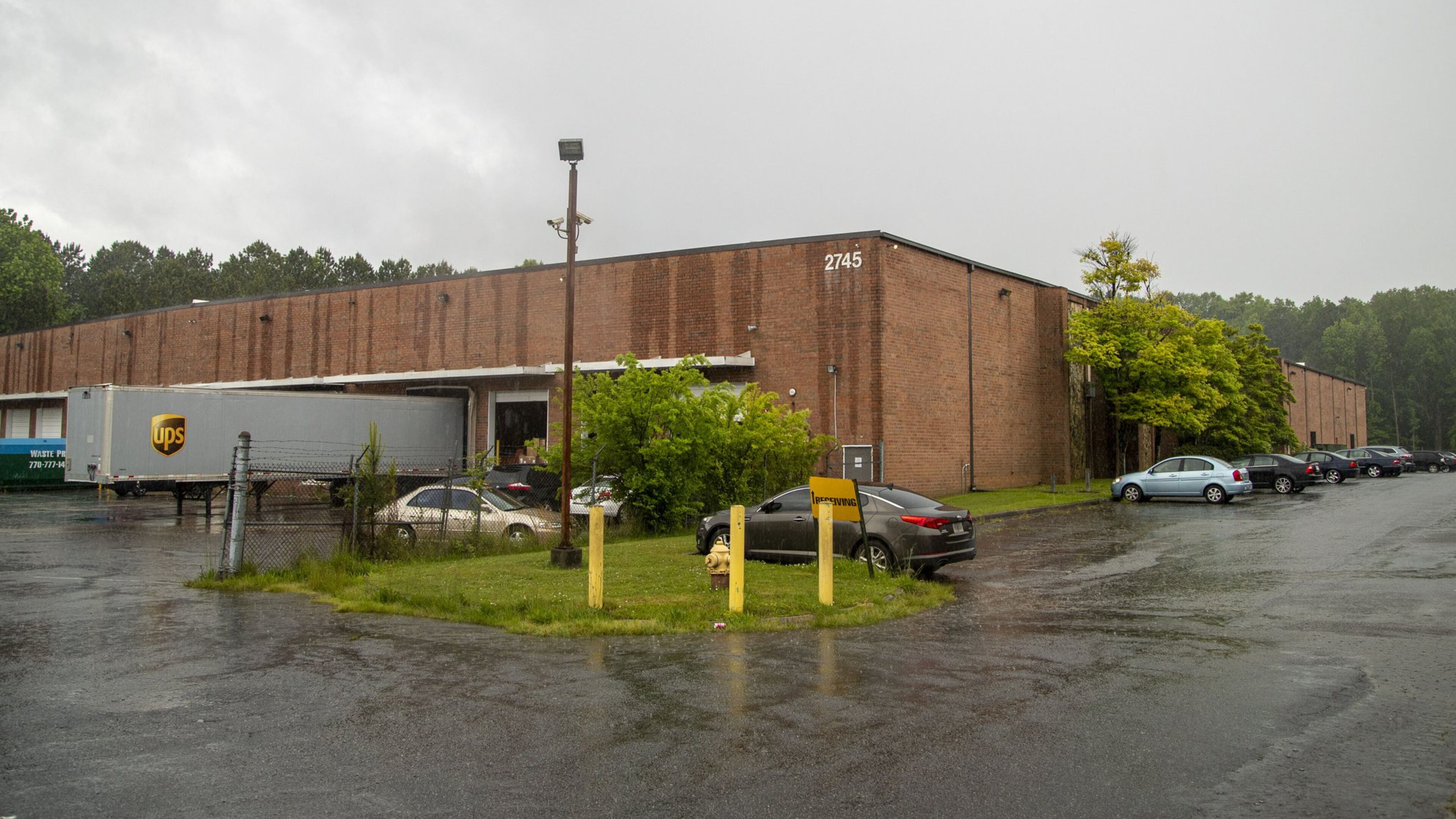Small Georgia businesses scramble for second round of relief loans

For small businesses desperate for federal loan money to survive the coronavirus shutdown, owners have found it extremely helpful to know the right people.
Take Luvu Brands in Doraville. When the maker of adult-themed furniture, health care workers’ gowns and other products needed to make payroll and rent payments, it turned to its longtime local lender, Fidelity Bank, now known as Ameris Bank. Luvu was approved for a $1.1 million loan on Sunday and received the money the next day.
“We’ve banked with Fidelity Bank since 2006 and we applied as soon as it was available,” said Ron Scott, the company’s chief financial officer.
The Paycheck Protection Program (PPP), the official name for the $660 billion federal relief loan operation for small businesses, had a rough start. The first round of $350 billion in loans quickly ran out as many business owners were still trying to apply. Loans also went to entities few would consider a small business, like the Los Angeles Lakers, Harvard University and Ritz-Carlton hotel in Atlanta.
The second round began Monday, after Congress approved a $310 billion expansion. Like during the first round, the Small Business Administration’s website for submitting loan applications repeatedly crashed at first.
But there are signs the program is finding its footing as more money flows to smaller businesses. Since Monday, about 960,000 loans have been approved nationwide, totaling about $90 billion, according to the SBA. The SBA has not broken out loan approvals by state for the second round of funding. During the first round, Georgia companies received 48,000 loans totaling $9.5 billion.
Thousands of relief loans have been originated by small banks, often for neighbors and friends. Bank of Monticello, a single-branch bank located about an hour southeast of Atlanta, has approved 63 loans totaling about $7 million, virtually all to locally owned businesses in Jasper County, said CEO Walker Jordan.
“These are all mom and pop businesses around town—restaurants, a cabinet shop, a trailer sales company, an electrician,” he said. “We aren’t loaning money to Fortune 500 companies because we don’t have any Fortune 500 companies here.”
Bank of Monticello only accepted applications from businesses that already had accounts with the bank, which helped speed the process since it already had their financial information, Jordan said.
Almost all businesses that got relief loans from Bank of Monticello have fewer than 25 employees, he said. The largest was a $1 million loan to one of Jasper County’s largest employers, whom he declined to identify.
Business owners who have had relationships with a lender like Bank of Monticello are the lucky ones, said Nathan Humphrey, state director of the National Federation of Independent Business.
“The small businesses that have been successful are the ones who could pick up their cell phone and call their banker have a direct line into the bank,” he said.
Other small financial institutions in Georgia have also made millions of dollars in relief loans. Atlantic Capital Bank approved about $223 million of loans during the first round of the program, Dublin-based Morris Bank issued $72 million and Delta Community Credit Union originated $11 million.
Loyal Trust Bank in Johns Creek was established in November and didn’t have much of an existing client base, so it accepted loan applications from anyone, said CEO Charlie Brown. He expects the bank will approve a total of $29 million of rescue loans, primarily to local businesses.
“Most of them have about 10 or 20 employees each,” Brown said. “A lot of restaurants, a fair amount of medical offices and dentist offices, some electronic stores.”
To be certain, many Atlanta-area business owners are still trying to get federal relief money.
Dan Boehm, who owns a travel agency in Norcross, said it’s been a “nightmare” to get a response from his local bank, whom he declined to name, on his loan application. The travel industry has been decimated by the coronavirus and Boehm might have to close the business his father started 37 years ago.
The SBA made the early mistake of allowing loans to large companies that have the option of raising money through public stock sales, said Humphrey, of the independent business federation. At least $870 million of loans went to businesses in that category, which was not the intention of the program, he said.
“That money could have covered nearly 30,000 small businesses that have no other options for financial assistance,” he said. “A lot of our members are desperate to get money this round of funding.”
After intense public criticism, some large companies have said they will return their PPP loans, including Potbelly Sandwich Shop and Ruth's Chris Steak House. Other loan recipients, including healthcare companies MiMedx in Marietta and Alimera Sciences in Alpharetta, have said they won't return the money. Luvu won't return its loan since it doesn't have access to the public stock markets, Scott said.
That might not be enough to help Mychal Walker, who owns an insurance agency in Duluth. Walker applied for both a loan and a grant but, as of Thursday, he still had heard nothing. He’s struggling to manage his businesses without a quick infusion of cash.
“I need to make sure my office manager is paid,” Walker said. “I need to buy videoconferencing software so I can correspond with my clients remotely.”



